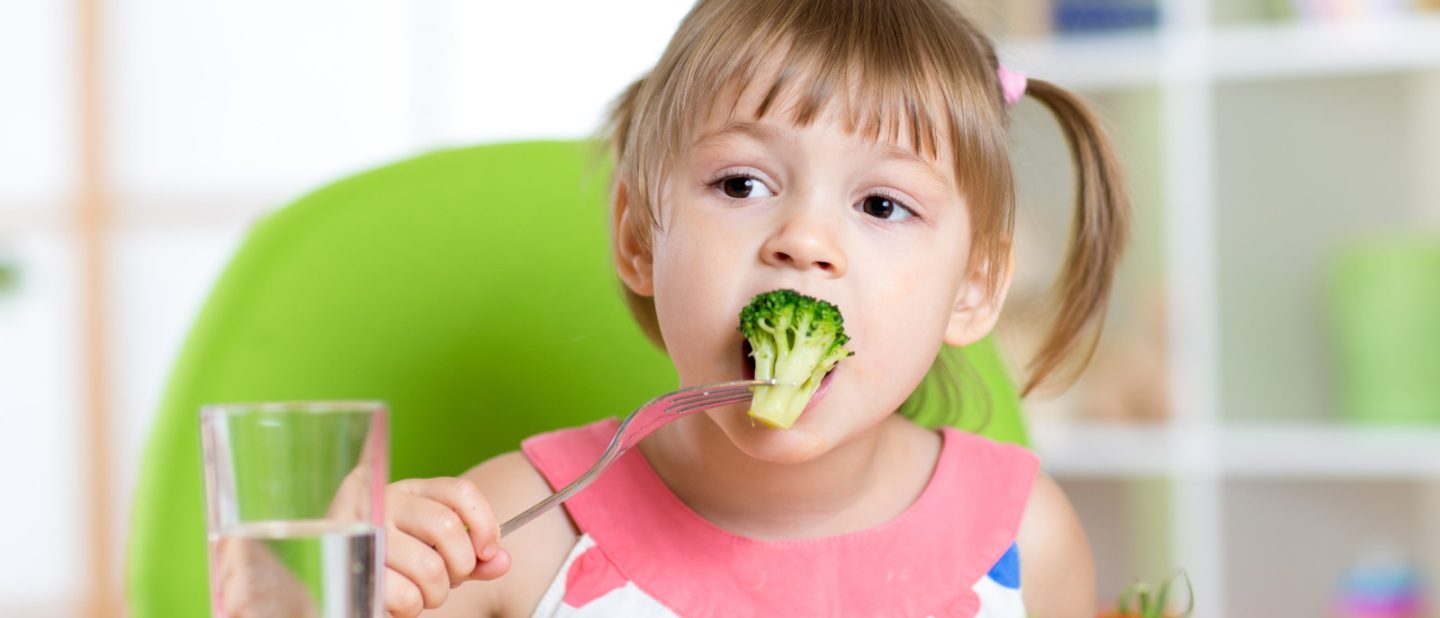
Easy ways to improve your child’s gut health
By Rachel Zabel
The importance of gut health is on everybody’s radar. Studies have shown that the health of the gut can affect brain functioning and mood (including symptoms related to autism and ADHD) immune system, hormonal regulation and much more. Keeping your child’s gut functioning at its best can sometimes feel like an uphill battle.
Try the following tips to set up your child with a great healthy gut microbiome:
- The single most important thing you can do to improve gut health is to eat a wide variety of plant foods. Work on keeping the family’s diet varied. For example as a family, try 1 or 2 new vegetables, fruits or grains each week. Look for fun shapes and colours such as dragonfruit, add some cooked quinoa or quinoa flakes to oats in porridge, use barley-based bread, wraps or cereals and try a variety of nuts and seeds in cereals and smoothies.
- Scientists have also found that fibre goes beyond ‘roughage’’. While wholemeal options are great, it’s also just as important to include foods with soluble fibre and resistant starch. These are ‘prebiotics’, essentially meaning the ‘food’ for the good bacteria to eat. Foods high in prebiotics include: onion, garlic (use plenty of these in cooking), legumes (baked beans are great for kids), apples and pears, cocoa, dried fruit, ground flaxseeds, rolled oats. If your child is a fussy eater, there are more food products appearing on shelves that have prebiotic fibres in them such as breads. Cooking and cooling grains and starchy foods really helps increase the resistant starch (cook pasta the night before and reheat the next night, or use it cold in a pasta salad for lunch; soak oats in milk of choice overnight and have either cold or warm the next day with preferred toppings). Your gut bacteria will thank you!
- You could also include foods with added probiotics (=the live bacteria that live in the gut). For children this could include milk kefir or probiotic yoghurts. You could use a supplement in winter to help boost immunity.
Did you know? HMOs or Human Milk Oligosaccharides are the powerful prebiotics found in human breastmilk, they are now available as a powder supplement and have similar evidence to probiotics.
Other factors to remember:
- Make sure your child is drinking enough fluid (preferably water).
- Sometimes constipation can arise due to anxiety, because of early difficulties with toilet training or when your child transitions to kindy or school. Speak with your GP or child health nurse about setting up good toileting habits. If your child continues to experience chronic constipation, get it checked with your GP as chronic constipation that is unresponsive to the above strategies should be investigated. Your child may need some laxatives or stool softeners.
- A paediatric dietitian can help to guide you through strategies for your child. For children with restrictive diets or chronic constipation, there are some newly developed fibre supplements that are neutral in flavour and easily dissolve in water.
Rachel Zabel is a nutritionist at Paeds in a Pod – a Brisbane-based multidisciplinary team of specialist paediatricians and allied health professionals that provide care to newborns, infants, children and adolescents.





